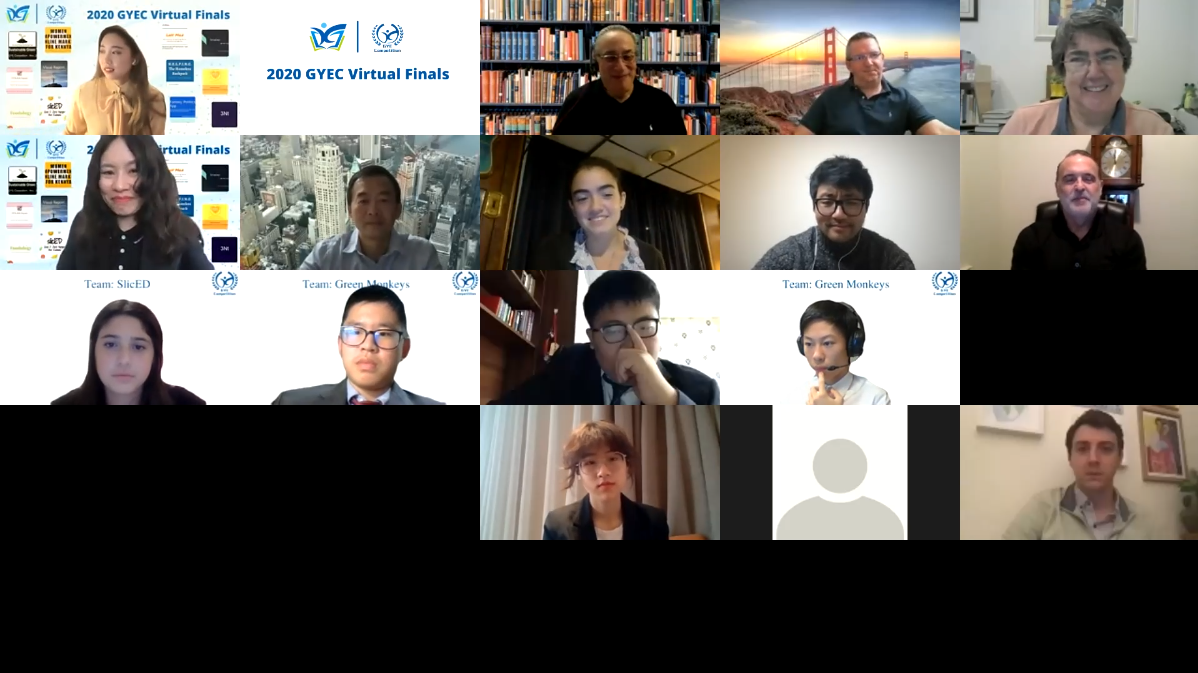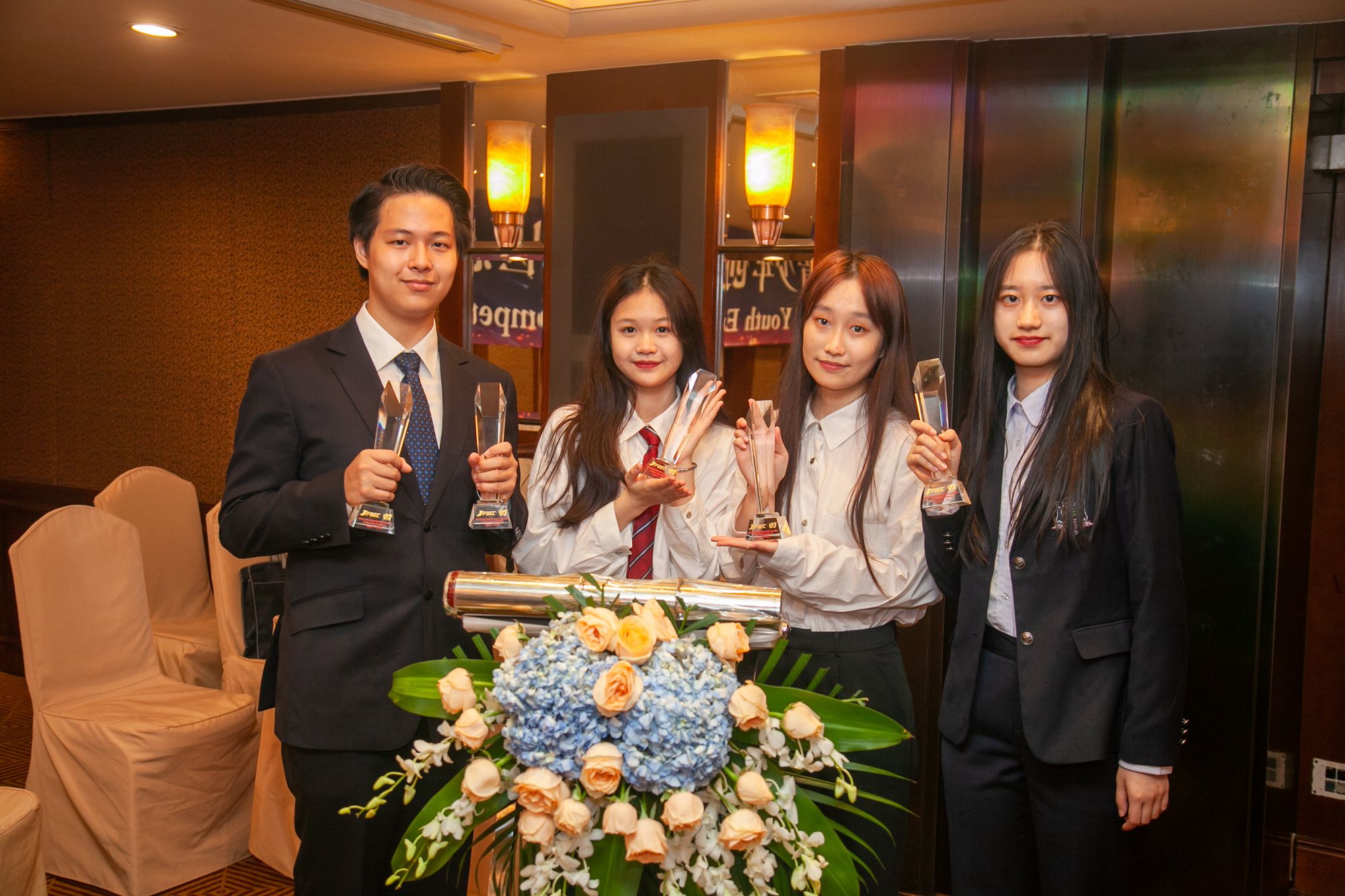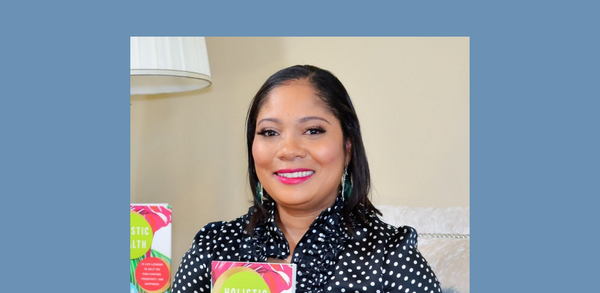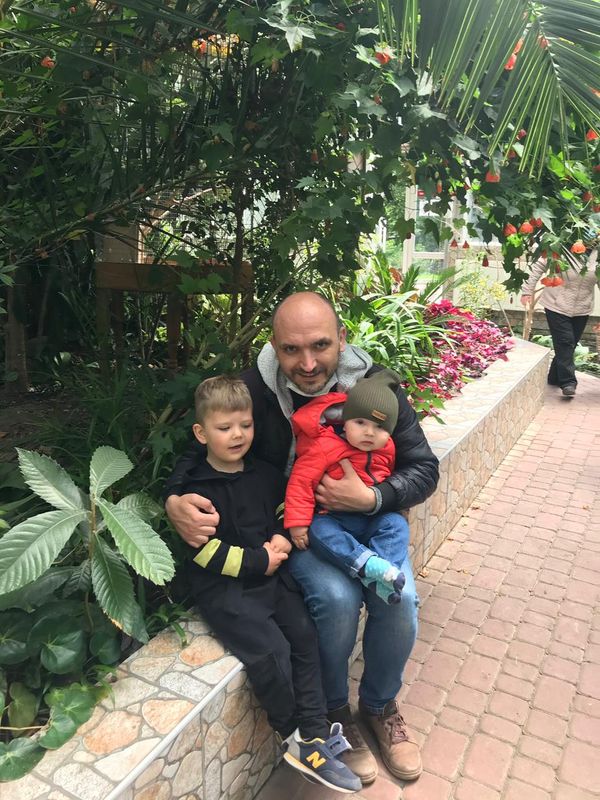GYE Zone: Fostering an Entrepreneurial Mindset in Our Children
A 21st century education isn't complete without integrating and developing the key tenets to an entrepreneurial mindset at an early stage.
By Susan Pascal and Victoria Oldridge
Sylvia He: Sylvia has been an innovative K-12 educator across China and the United States for 15 years. Post-graduation from UPenn with a master degree of Education Entrepreneurship, she launched her new educational business - the GYE (Global Youth Entrepreneurship) Zone - in Silicon Valley, focusing on providing entrepreneurial education for global high school students.
GYE Zone: Through the authentic learning approach, GYE Zone aims to prepare high school students for college success and career preparation through extracurricular activities that instill an entrepreneurial mindset, 21st-century skills, and the grit for breaking barriers and embracing lifelong learning.
Truffld: How can we incorporate entrepreneurial methodology/thinking into conventional curriculum?
SH: Entrepreneurial methodology/thinking can be difficult to achieve by teaching, but it can be cultivated through an authentic learning environment. Nowadays, students are often confused about making decisions, especially for their future, such as choosing a college major or pursuing a career. Students may be able to tell the difference in their subjects’ performances, but they may not know about their core strengths or weaknesses when facing real world challenges.
Conventional curriculum brings us the wisdom accumulated down through the ages and equip us with the power and knowledge of solving problems. However, the lack of the connection and application to the ever-changing real-world challenges of conventional curriculum has been debated for years. The entrepreneurial methodology/thinking is a mindset that can open students’ eyes and visions of facing challenges, which can not just contribute to business success, but also motivate academic achievements in all fields.
Introductory courses of entrepreneurial mindset, such as Design Thinking, or Finance can foster an awareness of entrepreneurial thinking, but most importantly, building a safe learning environment for students to discuss, negotiate, discover and connect with others and resources is a key to conducting authentic entrepreneurial education.
Truffld: How can parents/caregivers supplement an entrepreneurial mindset outside of school?
SH: We can start by introducing students to extracurricular activities or courses that offer entrepreneurial education. Parents, as the ones who have the most real-world experiences within a family, can be students’ ideal mentors by bringing challenges, inspiring creations, and cultivating resilience and grit for overcoming difficulties. From house chores to a family business, we can engage the students from an early stage to embrace real-world challenges so that they can understand more about themselves as well as their future goals.
Truffld: What are the biggest self-imposed or external perceptions that make girls reticent to take the leap into entrepreneurship, and what enables them to feel equipped to take the first step?
SH: Family influence, limited access to resources and finance, low confidence, and lack of social skills, simple indecision, or feared of being alone, are some of the challenges that I have heard about girls’ concerns of taking the leap, but with a shift in mindset, girls can be easily equipped with many power tools to overcome these stereotypes.
Facts and data about successful women entrepreneurs are useful information to build girls’ confidence; connecting them to these real-world women entrepreneurs are powerful opportunities to let them feel supported and not alone. Commonly, family influence is the #1 concern for women to start a business, and even for these girls’ moms, it's not easy to take the leap into entrepreneurship. So, making these girls feel supported by their closest family members is another key to changing their mindset. On that note, we're excited to announce the 2020 GYEC Award was recently awarded to Alexa, a 16-year-old girl who has demonstrated her great passion, dedication and effort in helping local homeless people!

Truffld: The Emotional Quotient is oftentimes innate -- how are these 'softer' skills formally cultivated?
SH: During the GYE process, participants are from different countries and cultures; mentors are from different companies and universities. During the 12- week competition, everyone has to collaborate with people from an entirely different background, and the same for our mentors and organizers. We encourage students to spend more time on knowing each other, understanding differences and showing empathy. When we see students become more active in classes -- and based on their survey feedback – making changes step by step, we know they have developed a higher level of EQ.
Truffld: Resilience is a key tenet to future 'success' -- how can parents facilitate a stronger foundation for this?
SH: Trust is what I believe parents can offer to facilitate a stronger foundation for resilience of their kids. During the competition, many parents asked me the similar question, “can my kid accomplish this? She/he has no experience at all.” As a parent, I understand their concerns, and I also want parents to know how integral their trust is to equip their kids with the resilience to accomplish their goals, especially during an early stage. Being an entrepreneur is very lonely and even within a team, they have to make many decisions on their own. They have to face challenges, take risks, overcome conflicts, accept failures and be strong. But through their parents' guidance, they should feel safe and supported even if they 'fail.'
Truffld: What are some of the key takeaways the participating students are gleaning from the GYE process?
SH: No matter if it is a win or lose, for every student who completed the three-month journey, it is a success. During the experience of building their own venture idea, there are many takeaways: alertness to new opportunities, creativity, collaboration, learning to adapt, and a cross-cultural peer learning environment.

Truffld: What's next for GYE?
SH: Through collaboration with scholars, entrepreneurs, and top executives from Ivy League institutions and Silicon Valley organizations, we are committed to working toward a better future where our youth can make changes with their creativity, innovations, and compassion. GYE is a place where young students can discover what they love, what they can achieve, and what they are passionate about in the future.
The future of education will have no walls and no boundaries. This is a 'C' world, where collaboration, creation, challenges, and communications are needed in every area – education across the board, from family to society at large, can help students better understand their core values, strengths, and areas for improvement during different stages of growth, and once they have that mindset, they can excel wherever they go.



